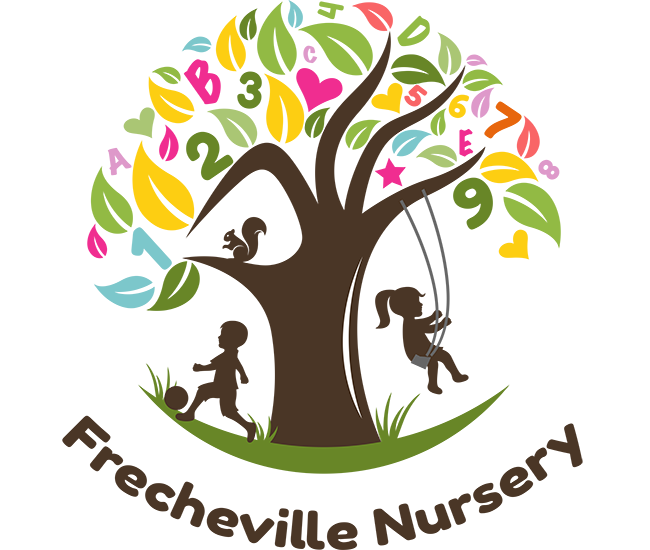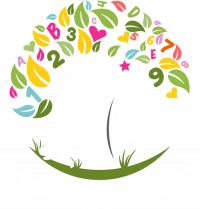Curriculum
Purpose of the Early Years Foundation Stage (EYFS)
The Early Years Foundation Stage (EYFS) is a play-based curriculum for children from birth to five years, which allows children to explore and learn in an environment that is secure and safe, yet challenging. Play opportunities are non-stereotypical and available to all children promoting the teaching and learning from a skilled workforce.
Within the EYFS Framework practitioners provide activities and make assessment judgements based on the seven areas of learning: 3 Prime Areas and 4 Specific Areas.
Primary
- Communication and Language
- Physical Development
- Personal, Social and Emotional Development
Secondary
- Literacy
- Mathematics
- Understanding the World
- Expressive Arts and Design
Communication and Language
Involves children being provided with the opportunity to experience a language rich environment; develop confidence in expressing their wants, needs and feelings and being able to speak and listen in a variety of contexts,
Physical Development
Involves children being encouraged to be interactive and active in their learning and develop control, coordination and movement. They are supported in understanding the importance of physical activity and how to make informed healthy choices at meal times.
Personal, Social and Emotional Development
Literacy
Mathematics
Understanding the World
Expressive Arts and Design
The Characteristics of Effective Learning are:
Playing and Exploring
Supports children’s engagement and investigation and to experience things through being willing to ‘have a go’
Active Learning
Supports children’s motivation to learn by helping develop their concentration, ability and will to keep trying when challenges occur and celebration of completing a task.
Creating and Thinking Critically


